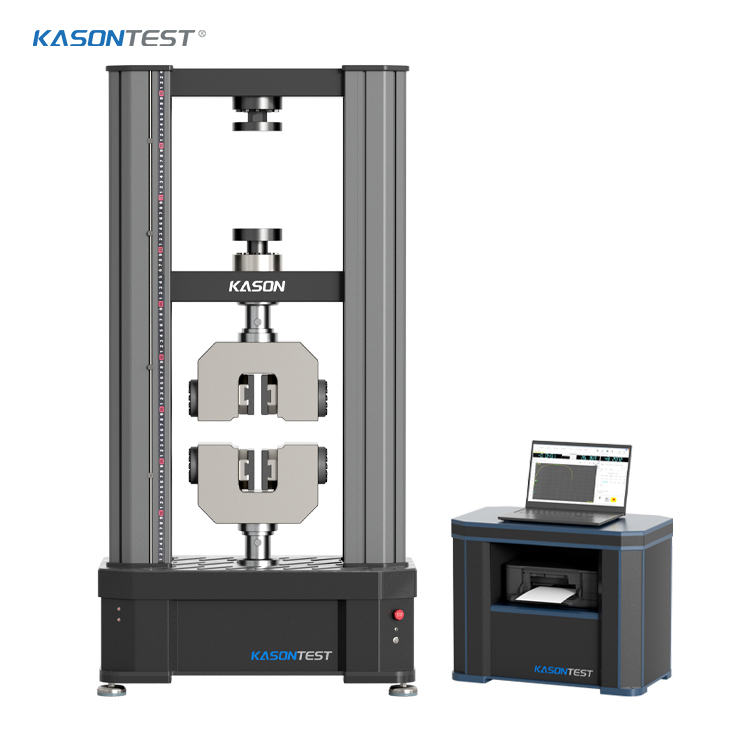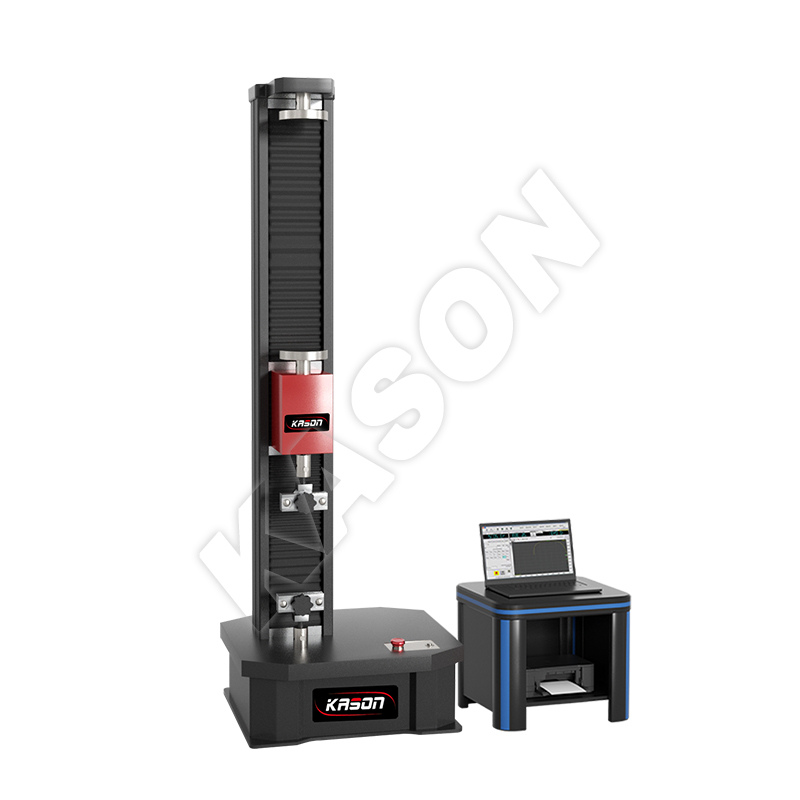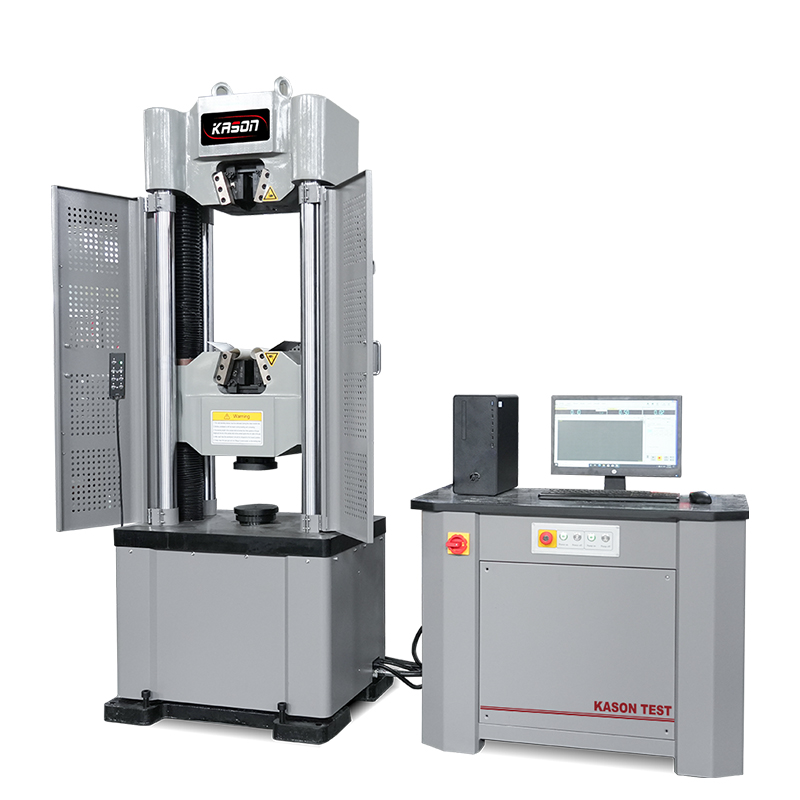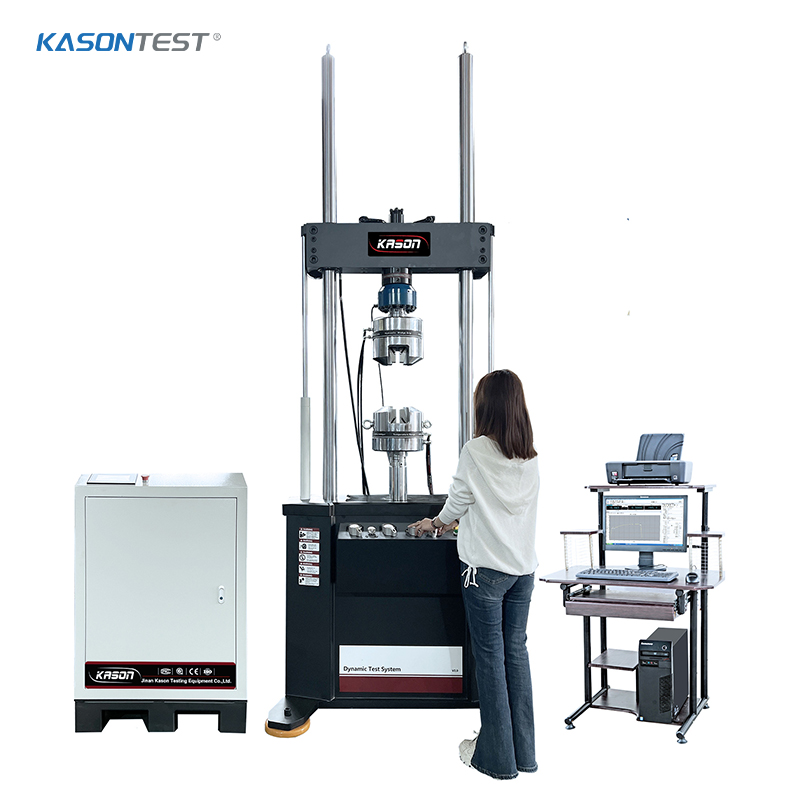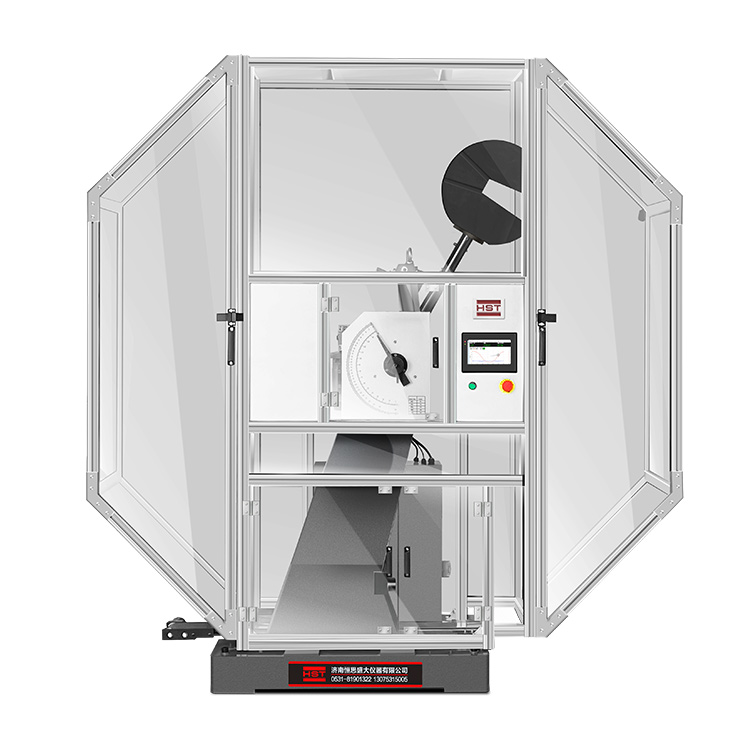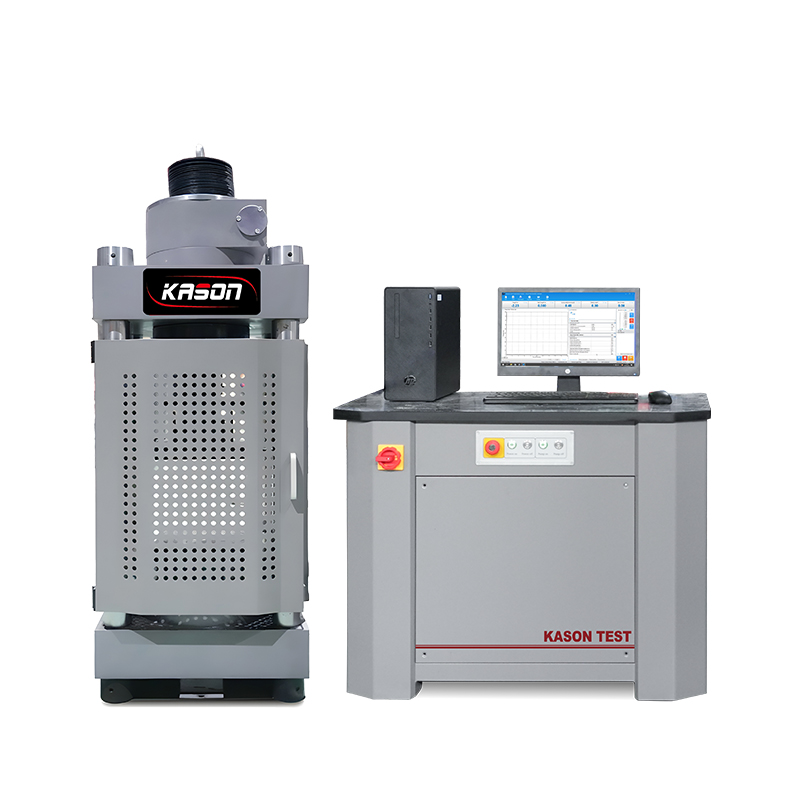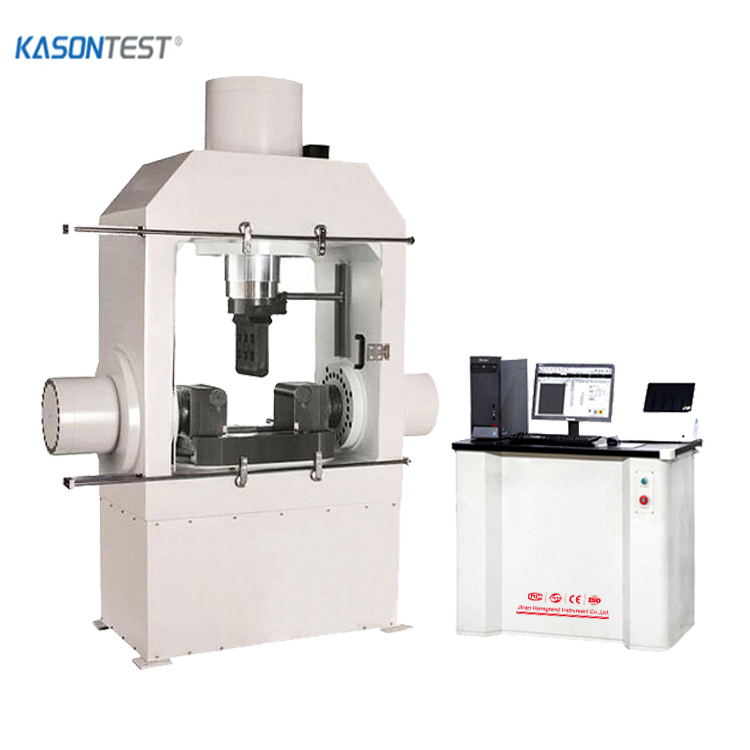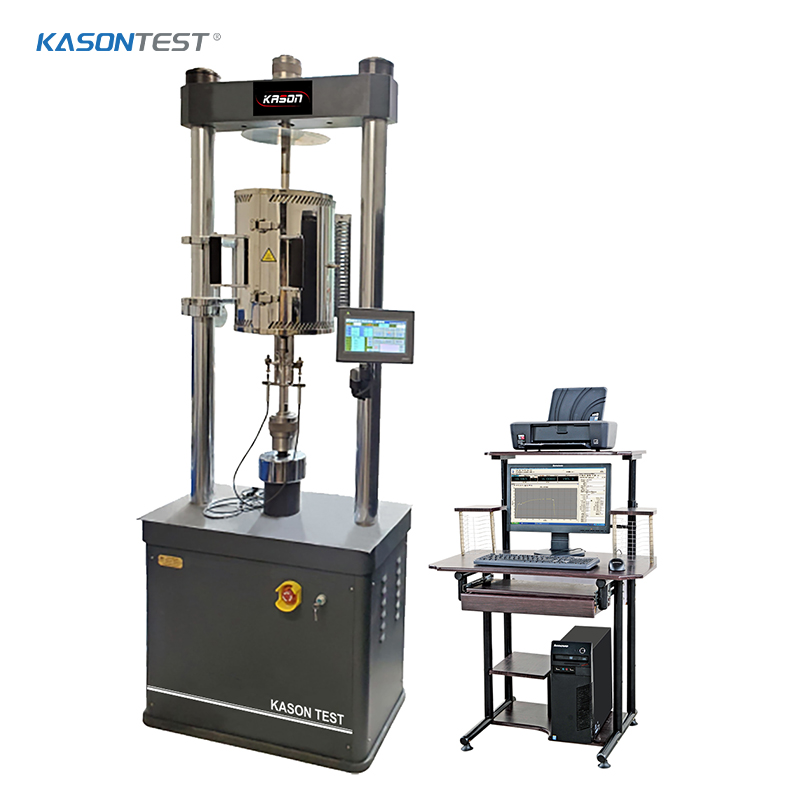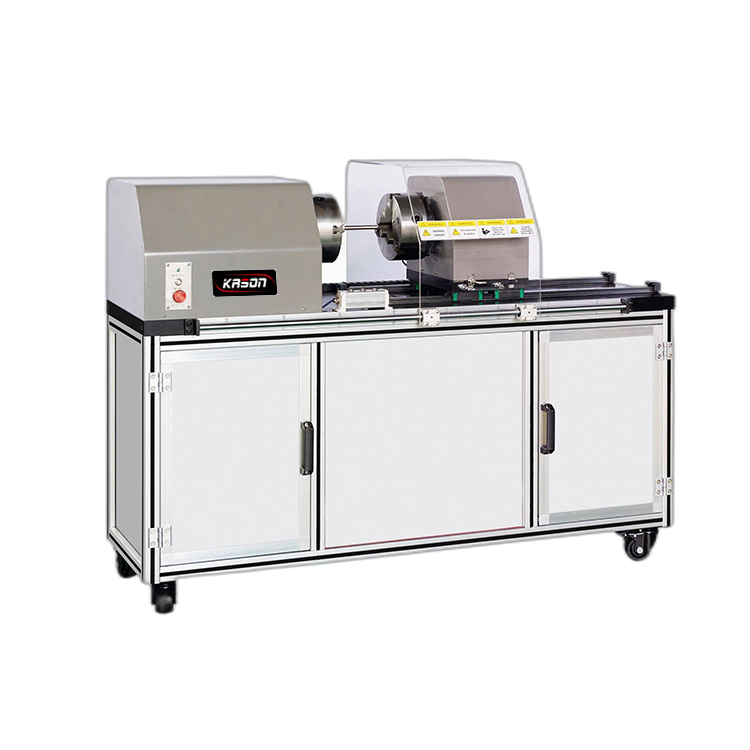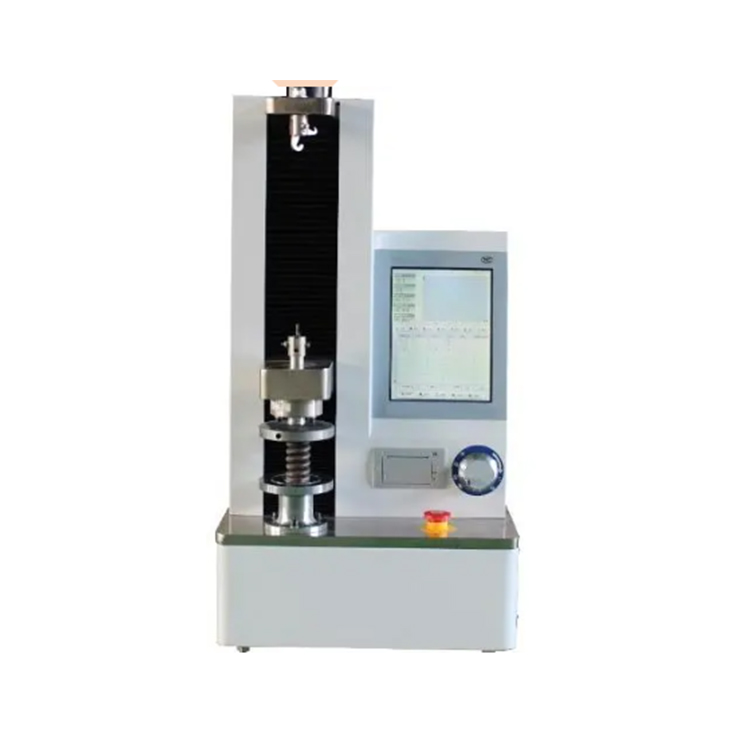Torsion Strength Test
The torsion strength test is a critical mechanical property evaluation method that assesses a material's ability to withstand twisting forces without undergoing permanent deformation or failure. It involves applying a torque to a specimen and measuring its response, providing valuable insights into how materials behave under rotational stress—a common scenario in many industrial applications.
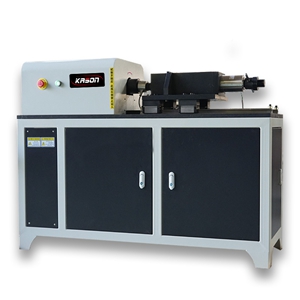
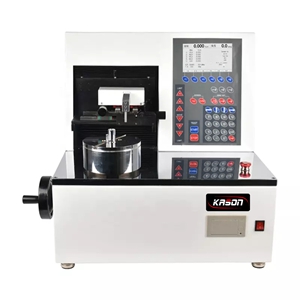
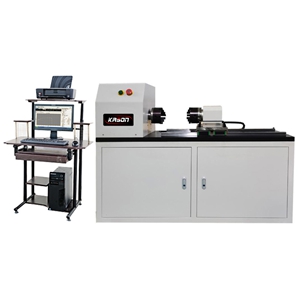
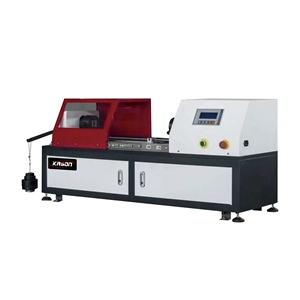
Significance of Torsion Strength Testing
In engineering and manufacturing, numerous components are subjected to torsional forces during operation. For instance, shafts in machinery, bolts, springs, and automotive drive shafts all experience twisting motions. The torsion strength of these components directly determines their reliability, safety, and service life. A failure due to insufficient torsion resistance can lead to equipment breakdowns, production delays, and even catastrophic accidents. Thus, conducting torsion strength tests is essential for ensuring that materials and components meet design specifications and performance requirements.
Applicable Materials
Torsion strength tests are applicable to a wide range of materials, including metals (such as steel, aluminum, and copper alloys), polymers, composites, and even some ceramics. Metals, being widely used in structural and mechanical components, are frequently tested for torsion strength to validate their suitability for load-bearing rotational applications. Polymers and composites, increasingly used in lightweight designs, also undergo torsion testing to evaluate their performance under twisting stress.
Common Testing Standards
Several international standards govern torsion strength testing, ensuring consistency and comparability of results across different laboratories and industries:
- ASTM E143: This standard specifies methods for conducting torsion tests of metallic materials, including procedures for determining shear modulus, proportional limit, yield strength in shear, and ultimate torsion strength.
- ISO 7800: Focused on torsion testing of metallic materials, this standard outlines the principles and procedures for testing, covering both static and dynamic torsion scenarios.
- ASTM D5420: Applicable to polymer matrix composite materials, this standard details the torsion testing method to determine shear properties, including torsion strength.
- GB/T 10128: China's national standard for torsion testing of metallic materials, which is equivalent to relevant international standards and provides guidelines for test specimen preparation, equipment requirements, and result calculation.

